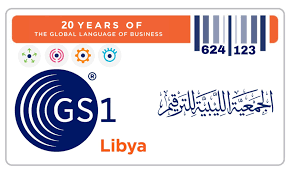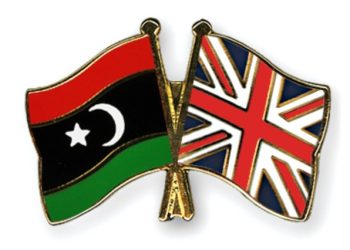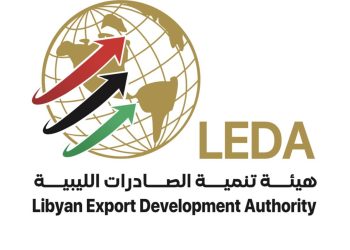The Libyan Barcode Association held its annual meeting in the city of Misrata, in the presence of many public and private agencies and regulatory authorities related to the supply chain and the safety of consumer-related consumer goods, with the participation of Tunisia, Algeria and Morocco.
In an exclusive interview with Libya Herald, the head of the Libyan Barcode Association, Hadi Al-Shawish, stressed the importance of holding this meeting, as it targeted the health care sector, especially the protection of medicines and medical equipment in the local market from counterfeiting and fraud, as well as the application of GS1 standards in hospitals in order to reduce medical errors and increase patient safety.
Al-Shawish pointed out the importance of concerted efforts between government agencies such as customs, municipal guards, and the various control agencies concerned with following up on the supply chain and obliging suppliers to display the barcode of each commodity on them. This is especially with regard to commodities with high sensitivity such as medicines, medical devices and equipment, food and agricultural materials, fertilizers, pesticides, and any commodities supplied from abroad, so that it can be followed up, starting from the industrialized countries, all the way to the Libyan consumer at home.
On the participation of Maghreb delegations in the 2023 annual meeting, Al-Shawish said presentations were made by the Algerian Barcode Organization in the field of obligating the placement of international barcodes on all commodities and basic data for consumer goods in order to protect the citizen in Algeria.
Regarding the Tunisian participation, Al-Shawish referred to presenting a paper regarding the traceability of fresh commodities in accordance with the requirements that meet the needs of consumers regarding the authenticity of commodities and their sources.
Al-Shawish noted the presentation of the global document and document protection system using GS1 standards, especially documents related to the supply chain, such as the certificate of origin and conformity certificates, and their protection from forgery.
To this end, an agreement of understanding was concluded between the Libyan Barcode Association and the head of the General Union of Chambers of Commerce, Industry and Agriculture in order to implement the document protection system for chambers of commerce.









